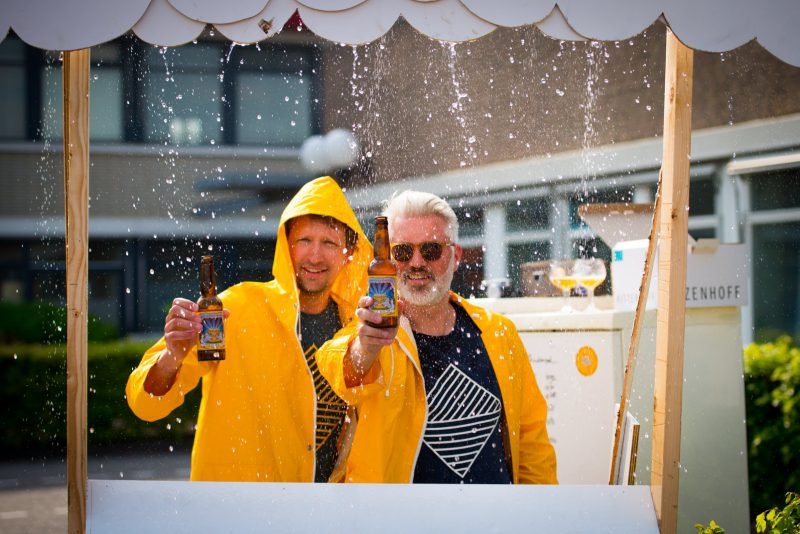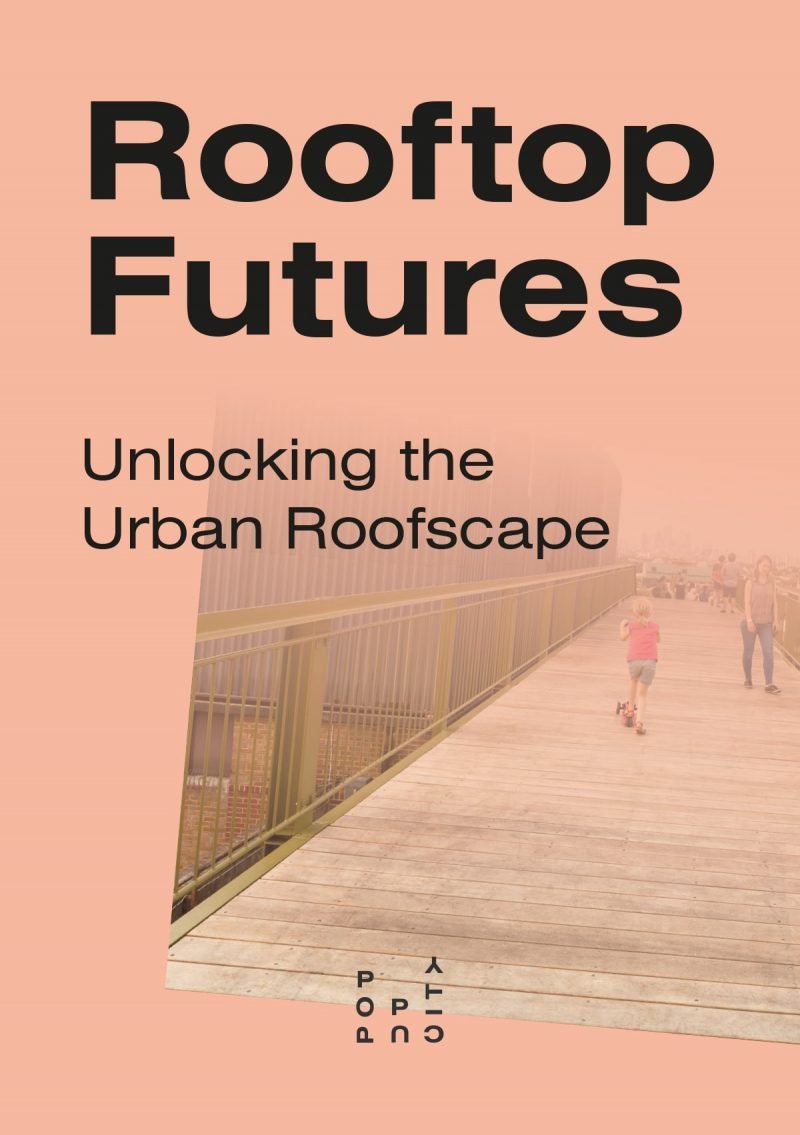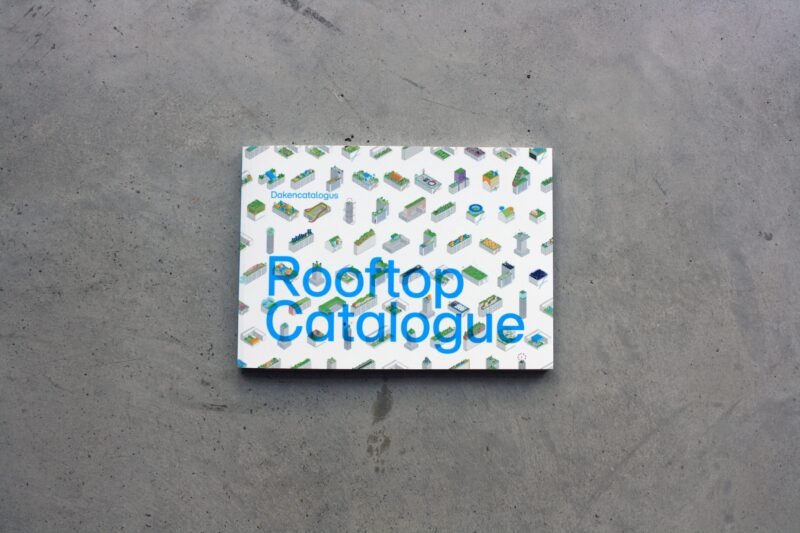Using Rooftops to Turn Rain Into Beer
Rainbeer is an ambitious project that brings to light the consequential effects of climate change, and encourages people to incorporate eco-friendly strategies into their own projects via urban rooftops.
Co-founder, Joris Hoebe, alerted by the country’s heavy rainfalls — that are directly linked to climate change — saw the rain’s potential as a raw material for beer brewing. He was inspired by Amsterdam Rainproof, an initiative to make better use of the rainwater to increase the city’s sponge capacity. This initiative caters to many who drink beer, as well as contribute to the city’s sustainable trajectory. As of now, the company produces 6 different types of Rainbeer.

Producing large amounts of beer necessitates vast amounts of water. The rooftop is the conduit for the rain to make its way through to the large containers at the bottom of the buildings — collecting litres of rain, where it is later filtered and purified, ready to be brewed into beer. Using urban rooftops is now a vital source for Rainbeer production, and can become the hub of various new green actions.

This rooftop activation — and its byproduct, rain water beer — is part of a much larger and important conversation we need to have regarding climate change and its consequences. Initiatives like this — that contribute to the circular economy, and create commodities of use and pleasure to our daily lives — are essential in the development of a greater sustainable society. This paves the way for other people and organisations to create more green roofs or incorporate (the increasing amount of) rain water in their own projects.

The government has already been giving grants to increase the presence of green roofs, and not just in Amsterdam. There are various other advantages in using rooftops as green spaces — in addition to the aforementioned beer brewing conduit — which include improving air quality, increasing levels of biodiversity and reducing the “heat island” effect.
With Rainbeer in full swing, it makes us wonder what other food and drink-related products we can make with simple rain water. More importantly, this initiative is a testament that we can try — and should — make the best out of a terrible situation, if not of course first, finding a solution to it.




